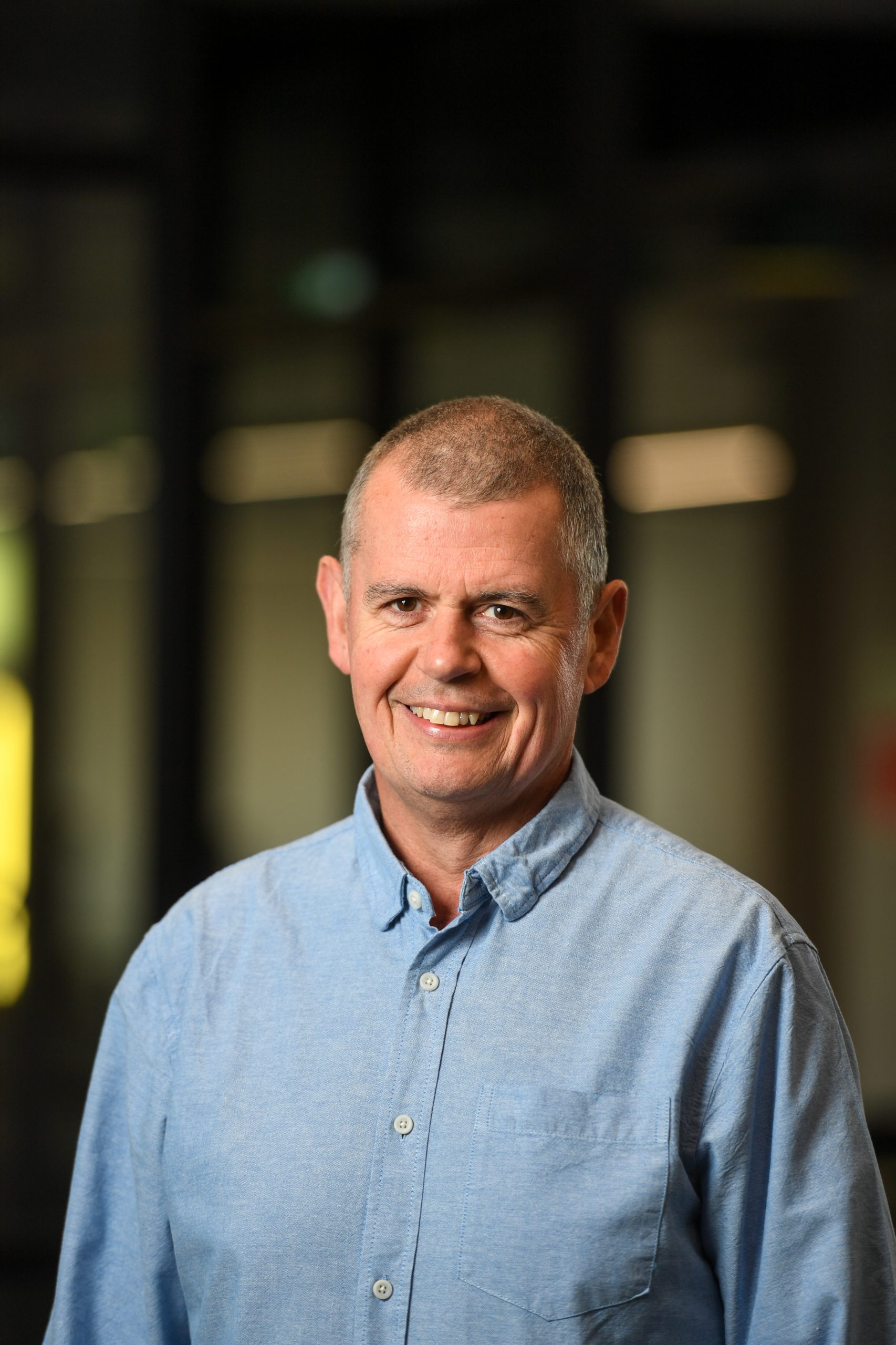The internationally renowned Professor Ben Boyd from Monash University in Melbourne, Australia will soon board a plane bound for Denmark, where he will be based at the University of Copenhagen for the next 7 years.
The Novo Nordisk Foundation has awarded a Laureate Research Grant of DKK 50 million to Ben Boyd, who is moving his research to the other side of the planet for several reasons.
“The Øresund region provides numerous opportunities within particle research that are also greater than in many other places. Receiving the grant therefore presents a fantastic opportunity to move closer to those colleagues of mine who are the best in the world. Collaborating more closely is also easier when you are in the same time zone and can meet face to face,” says Ben Boyd on the prospect of working in Europe.
The 7-year Laureate Research Grants are awarded to outstanding international researchers who want to establish a research group in Denmark. The arrival of top researchers will strengthen research in Denmark in both the short and long term and contribute to making Denmark an international hub for research in biomedicine and biotechnology.
Since 2012, the Foundation has awarded 16 Laureate Research Grants totalling DKK 655 million.
Understanding the significance of the surface chemistry of particles
Ben Boyd’s research seeks to understand which properties of the surface of nanoparticles give them their functions in the human gut. Examples are particles in food or particles in medicine.
When these particles reach the gut, they encounter many bacteria, other particles, the mucous membrane, the gut wall and much more. Here the particles interact with their environment, and this interaction is influenced by the surface chemistry of the particles.
“We know surprisingly little about this interaction and how it affects the absorption of drugs into the body, for example. What happens when medicine particles meet gut bacteria or when food particles encounter the gut wall?” says Ben Boyd.
Producing particles that solely interact with cancer cells in the gut
Professor Boyd explains that there is enormous potential in understanding how the surface chemistry of nanoparticles affects their interactions with the body and its tissues. This knowledge can be used to develop new medicines or even new types of foods that interact differently with the gut environment.
Professor Boyd envisions that the results of his research over the next 7 years could be used, for example, to develop particles that interact with bacteria instead of with the gut lining or even particles that interact with cancer cells in the gut instead of with healthy cells.
“We need to determine the fundamental chemistry to improve the design of particles in many contexts,” says Ben Boyd.
Research on milk demonstrates the importance of surface chemistry
One focus of Professor Boyd’s research is on milk and what happens when we drink it. This research shows that fat particles in milk change from being oily when we drink them to becoming more like sponges when they arrive in our gut. The changes in the surface chemistry of the particles can cause them to interact differently with enzymes and potentially also the immune system. This may strongly affect our health.
“There must be a reason why milk from all the mammals we have studied behaves like this. We also have some hypotheses that we are examining,” explains Professor Boyd.
Unique equipment in the Øresund region
Professor Boyd is pleased to be continuing his research based at the University of Copenhagen and he is looking forward to using the unique facilities that have been built at Lund University.
For example, Lund University has the Max IV Laboratory, which is supported by the Foundation, and is a next-generation synchronous radiation system that can map the structure of particles in unprecedented precision.
Lund University also hosts the European Spallation Source, a research centre that complements the Max IV Laboratory and enables greater in-depth study of many materials.
Both of these facilities, to which Benjamin Boyd is now moving closer, have the absolute best equipment for mapping the surface chemistry of particles.
“It is rare to find both these types of equipment so close to each other. The infrastructure that exists in the Øresund region has strongly influenced my decision to move my research to Denmark,” concludes Benjamin Boyd.
About Laureate Research Grants
The Foundation awards 7-year Laureate Research Grants to leading international researchers who want to establish a research group in Denmark. Each grant of up to DKK 50 million is a framework grant covering project operations, salaries and research equipment over the 7 years. The grants may be extended for another 7 years based on a new application and an evaluation of the project in the sixth year.
Further information
Christian Mostrup, Senior Programme Lead, +45 3067 4805, [email protected]








